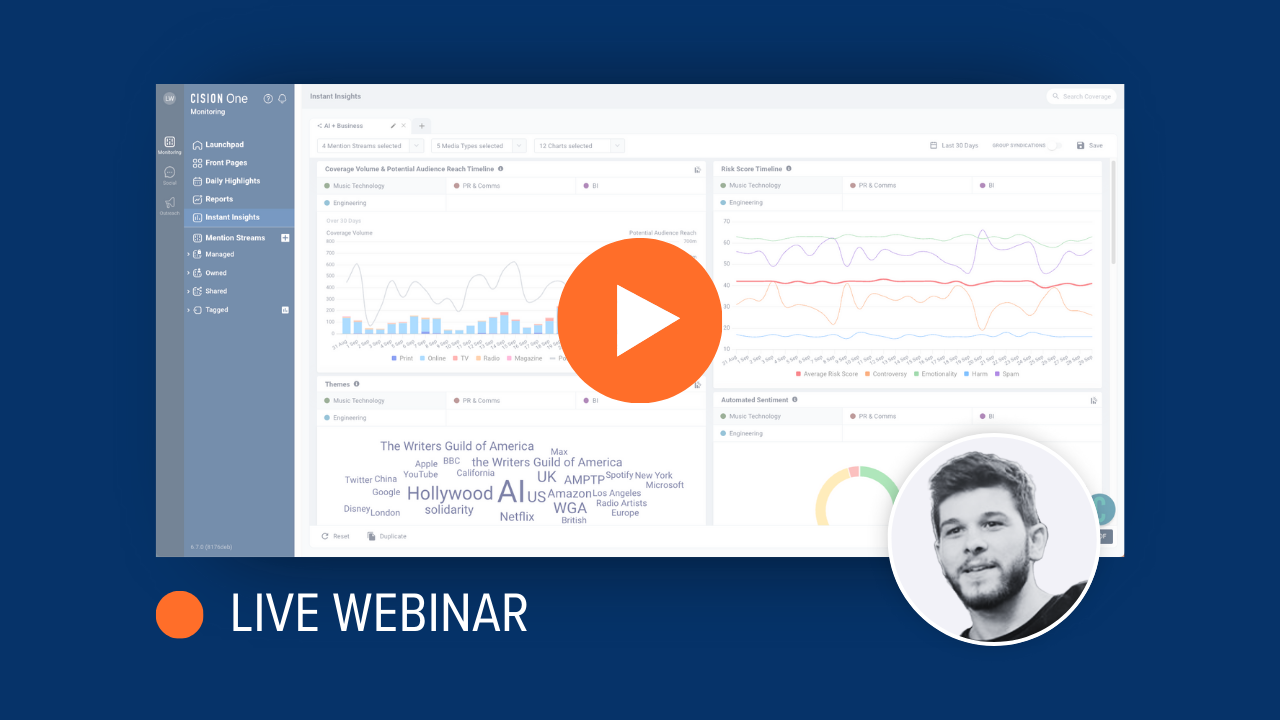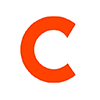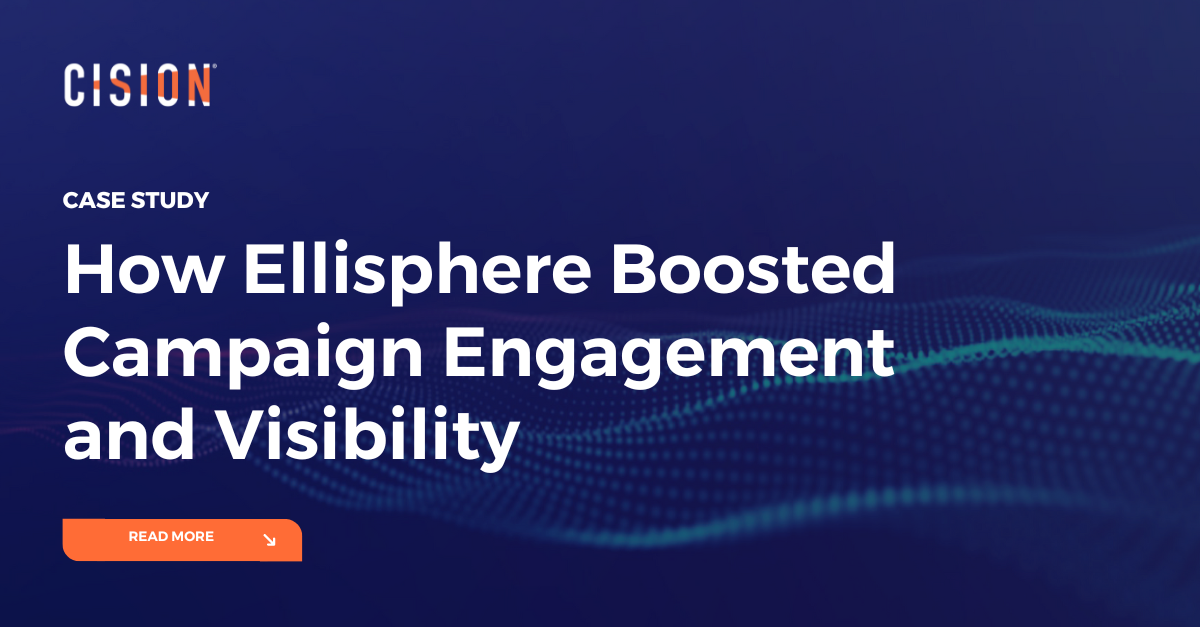
Fran Cavanagh, Ketchum London’s newly appointed head of research and analytics, discusses her new role, the importance of research and analytics in PR and the one business superpower she’d choose to have.
Why did you decide to join Ketchum and what does your new role entail?
Ketchum’s an organisation with a fantastic legacy, of course. What persuaded me that this was the right place for me, though, was the commitment both in London and globally to doing work that matters, that’s genuinely interesting, and that’s driven by real data insights.
In a world where research and measurement can still be a tick box exercise, or left out of budgets altogether, the emphasis on analytics here is exciting – my team are inundated with requests to get involved in projects across all of our verticals.
There’s a wealth of expertise and industry experience across the London office, so I never go a day without learning something new. We’re also lucky to be part of a global analytics community that’s innovating in promising new areas of research like biometrics.
In my role, I oversee all research and analytics work at the London office, which includes everything from in-depth qualitative research to machine learning-powered digital analytics.
What inspired you to pursue a career in data science and analytics?
I started my career as a social and market researcher. Focus groups, surveys and interviews are still fantastically useful research methods – that I often defend in the face of claims that digital methods clearly are always better nowadays – but digital analytics and data science techniques have undoubtedly opened up exciting new worlds for researchers.
Digital data offers an incredibly rich and varied source of information – we can see what people say when they’re discussing a topic naturally, rather than when they’re being asked questions about it by researchers in a conference room. We can see how they actually interact with content, what types of messages interest and engage them, or which influencers lead the most consumers to actually click through to buy something or read more.
Data science techniques then allow us to process all of this data, in much greater quantities than was previously possible. We can use these techniques to predict future consumer behaviours, to categorise thousands of tweets or headlines by topic or sentiment almost instantly, or to understand how the various parts of the marketing, PR and comms mix really impact client objectives.
It’s an exciting world, and changing quickly. There’s always a new challenge to tackle, and no two projects are ever quite the same.
How important is research and analytics in PR and comms?
Unsurprisingly, I believe it’s absolutely crucial! There used to be a belief that you “can’t measure the value of PR”, which we now know to be completely untrue. As our data continues to improve, so do our opportunities to concretely understand how PR and comms activities help clients achieve their business objectives, and to dynamically test and hone our tactics rather than waiting until the end of a campaign to assess its effectiveness.
Clients today are increasingly likely to take the view that “if you can’t measure it, it doesn’t exist”, and we should reflect that by ensuring that research and analytics experts are in the room from the early stages of campaign ideation, helping ensure the best measurement approach is in place right from the start.
Beyond measurement, research and analytics are integral to how we understand our ever-changing audiences and the world at large. A great insight from a social listening project, an omnibus survey or a media analysis can completely change how creative and account teams view a PR or comms challenge, and that’s why at Ketchum it’s built into our way of working that every project must include research and analytics from the outset.
Do you think that effective and insightful measurement is becoming the industry norm and that this is now expected from clients? Or is there still some way to go?
Clients are certainly asking about data more than ever before, especially in the UK market. There’s a real appetite to prove the ROI of PR and comms, spurred on in part by the rich data that teams in related spaces like media buying have at their disposal.
There’s still absolutely a need for data and analytics teams to communicate and consult on the best way to measure, and it’s crucial that we really understand what our client’s PR or comms objectives are, how they feed into their business objectives and what reasonable baselines and targets look like, before we try to measure anything.
If there’s one flaw I see repeatedly in measurement plans, it’s a one-size-fits-all approach. A plan should never look like it’s been copy pasted from another campaign.
What are the main research and analytics trends you’ll be keeping an eye on this year?
Influencer marketing is a major focus area across Ketchum as a whole, and for good reason. It will be a huge growth area for PR in 2019, and how we effectively measure influencer activity against the rest of the PR, comms and media mix will continue to be a fascinating and evolving challenge.
I’ve been passionately banging on about the need for more robust sentiment analysis in social media monitoring for a number of years now, and this is an area where the technology is really starting to catch up with what a manual analysis can achieve, only at scale and much more quickly. Machine Learning and Natural Language Processing data techniques are constantly improving in this area, and allowing us to more accurately track sentiment against specific client topics than ever before.
Finally, biometrics are helping researchers understand how people physically react to content and messages, taking us beyond what people say to how they respond on an emotional level. That opens up some hugely exciting opportunities for campaign testing and audience research, and is an area I very much look forward to work over the next year.
Finally, if you could have one “business superpower”, what would it be?
If a GDPR compliant version of something like Professor X’s mass mind-reading device existed, I can only imagine that it would give any research team a huge competitive advantage!
About Alister Houghton
Alister writes about the PR and comms industry as content marketing manager at Cision. Send press releases, interview pitches, Inside the Campaign/PR case study examples and thought leadership pieces to alister.houghton@cision.com.
Learn More. Do More. demo new
PR Tips, Case Studies, and Product Updates

[On-Demand Webinar] The Next Generation of Media Intelligence: From Gorkana to CisionOne
Explore CisionOne, a revolutionary media intelligence platform, and the evolution of Gorkana. Learn key features and strategies from Luke Williams, CisionOne Product Marketing Manager. Elevate your media outreach to new heights!


